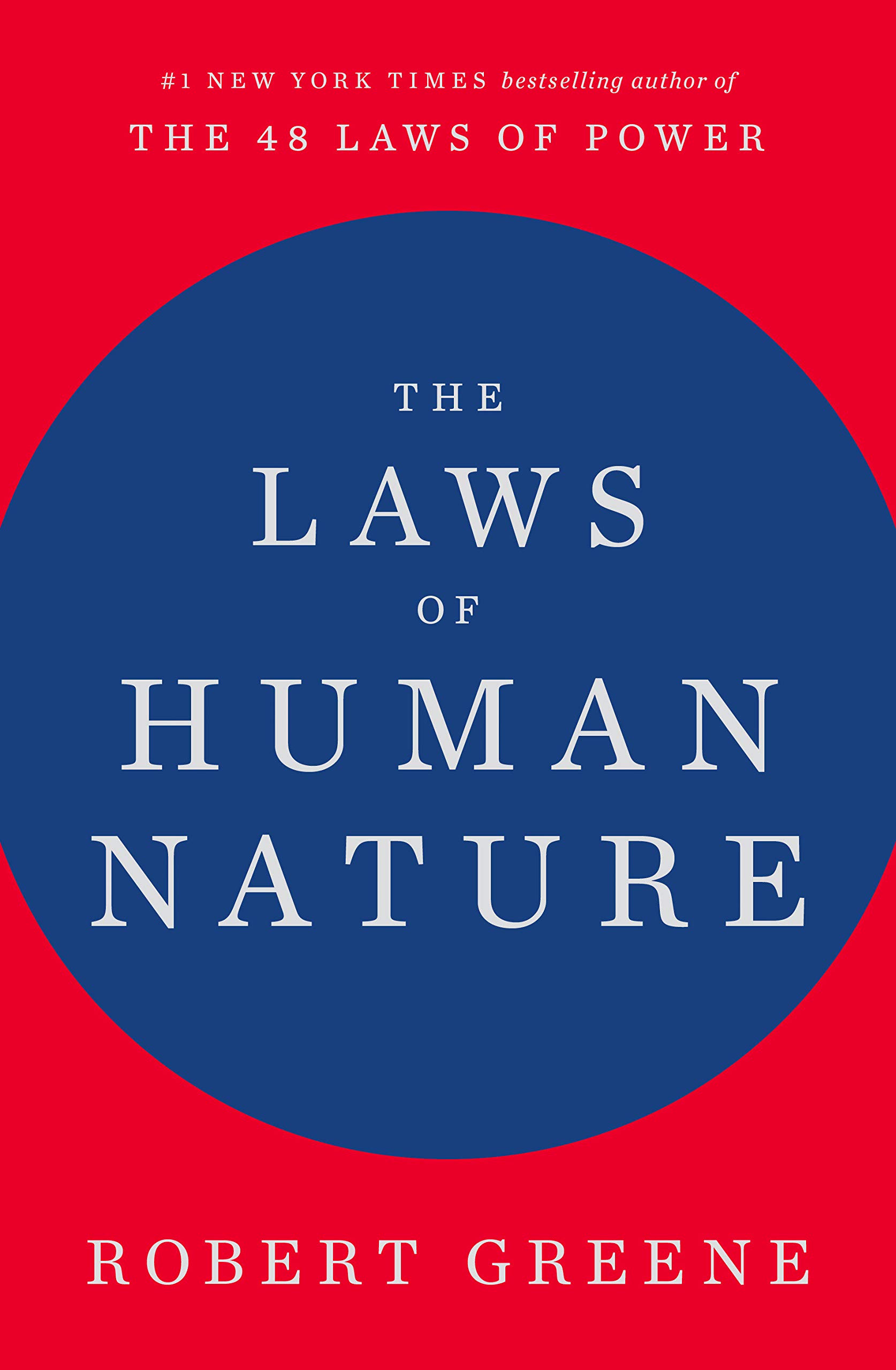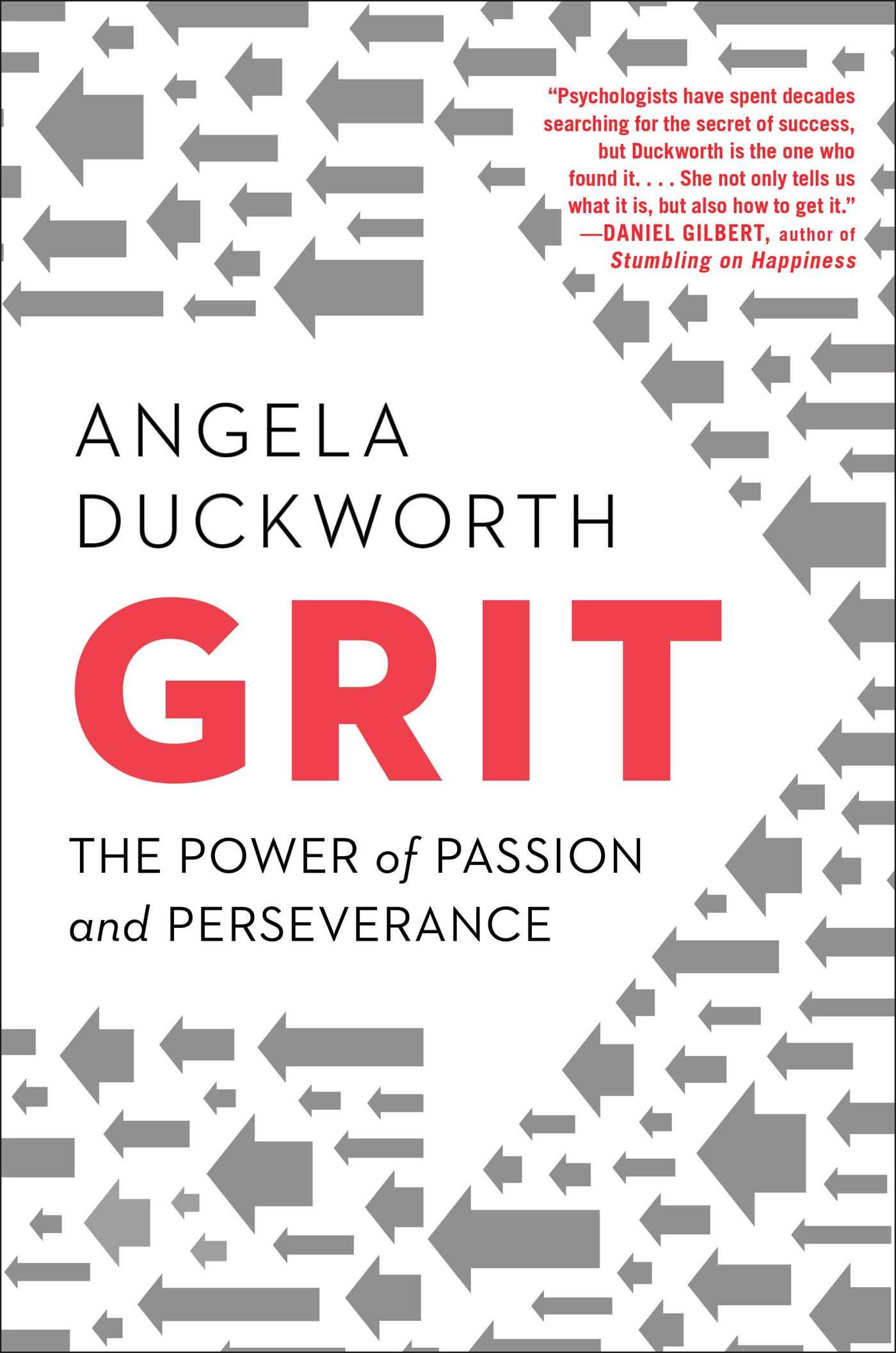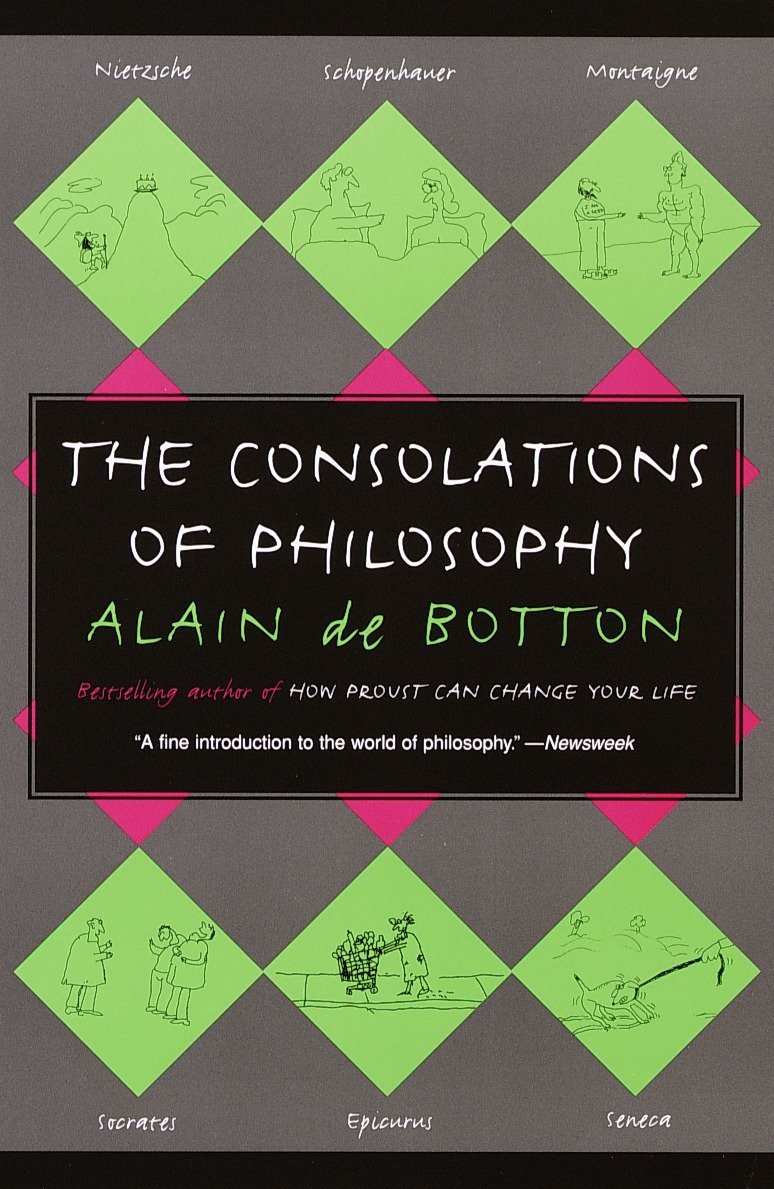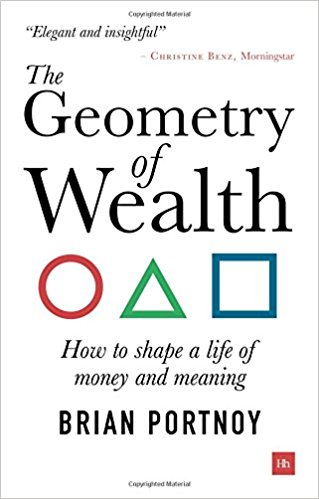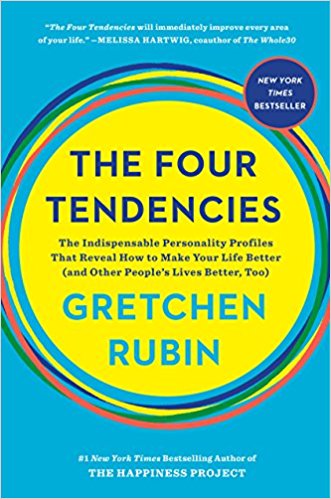As close to perfection as a book can get. This is the culmination of Greene’s lifetime of work focused on power, influence, and mastery, brought together in a single text focused on the truths of human nature. It’s an instructive guide to human nature and people’s behavior, based on evidence rather than a particular viewpoint or moral judgment. As Greene emphasizes throughout the book, understanding human nature in a deep way is advantageous for countless reasons. It helps you become a strategic observer, better judge of character, outthink malicious people, motivate and influence those around you, alter negative patterns, develop greater empathy, and recognize your true potential. True to form, Greene pulls stories from both sides throughout history–masters and those who have failed spectacularly–to breathe life into each law. I cannot recommend this book highly enough. It’s an incredible resource and an investment that will pay dividends for your entire life. The sooner you read it, the better.
See my notes below or Amazon for details and reviews.
My Notes:
The book is an instructive guide to human nature and people’s behavior, based on evidence rather than a particular viewpoint or moral judgment. “It is a brutally realistic appraisal of our species, dissecting who are we so we can operate with more awareness.”
Chapter 1: Master Your Emotional Self, The Law of Irrationality
Rational people, through introspection and effort, are able to subtract emotions from their thinking and counteract their consequences. Generates more mental space to be creative and focus on what’s within your control. Irrational people lack this awareness. Rush into action without considering consequences.
Bubbles are the result of an intense emotional pull on people. Stimulate our desire for instant gratification (easy money, fast results).
People of high rationality (Pericles, Marcus Aurelius Leonardo da Vinci, Margaret de Valois, Charles Darwin, Abraham Lincoln, Margaret Mead, Warren Buffett), all share certain qualities–“a realistic appraisal of themselves and their weaknesses; a devotion to truth and reality; a tolerant attitude toward people; and the ability to reach goals they have set.”
Resistance training: resist reacting immediately. The longer you wait, the more mental space you have for reflection and the stronger your mind.
Accept people as facts: Stop judging people and wishing they would be something they’re not. View people as neutral–they are what they are–and you’ll stop projecting your own emotions onto them. Improves your own balance, calmness.
Deliberation + Conviction: “The horse and the rider must work together. This means we consider our actions beforehand; we bring as much thinking as possible to a situation before we make a decision. But once we decide what to do we loosen the reins and enter action with boldness and a spirit of adventure. Instead of being slaves to this energy, we channel it. that is the essence of rationality.”
Chapter 2: Transform Self-love into Empathy, The Law of Narcissism
We were all built for social interaction. Involving ourselves less with others atrophies our social muscle and has a negative effect on the brain.
Give people the same level of indulgence that you give yourself. Tone down your incessant interior monologue and pay deeper attention to those around you. Be eager to hear someone else’s point of view and give them your full attention. Mirror back the things they said.
Understand the value systems of other people and how it differs from your own. Allows you to enter their spirit and perspective when you might otherwise turn defensive.
Chapter 3: See Through People’s Masks: The Law of Role-playing
The harshness of life makes people turn inward. Recognize this level of self-absorption and how little you actually observe.
Detecting hostility or negativity early on increases your strategic options and room to maneuver–lay a trap, win them over, create distance.
Depth: “Cloak yourself in some mystery, displaying some subtly contradictory qualities. People don’t need to know everything about you. Learn to withhold information.” Coupled with some selective absence (not always being visible), this makes people want to see more of you.
Chapter 4: Determine the Strength of People’s Character, The Law of Compulsive Behavior
“It is not spirits or gods that control us but rather our character.”
Character is deeply ingrained in us (our layers), compels us to act in certain ways, often beyond our awareness/control. Layers include: genetics, early childhood, later experiences/habits.
“Train yourself to ignore the front that people display, the myth that surrounds them, and instead plumb their depths for signs of their character.” Patterns from their past, quality of decisions, how they solve problems, how they delegate, how they work with others.
“If you want to test a man’s character, give him power.” Lincoln
We each face insecurities. But this can be turned to a positive if channeled correctly. It’s about examining the deepest layers of your character, realizing your true potential, and redirecting this energy.
Chapter 6: Elevate Your Perspective, The Law of Shortsightedness
When you face an obstacle, slow things down, take a step back. You lack perspective in the present, but as time passes you gather more information and the truth reveals itself.
“Alarmed by something in the present, we grab for a solution without thinking deeply about the context, the roots of the problem, the possible unintended consequences that might ensure. Because we mostly react instead of think, our actions are based on insufficient information.”
Avoid lazy, non-consequential thinking (action A leads to result B), the world is more complex than that. “You want depth of thinking, to go several degrees in imagining the permutations, as far as your mind can go.”
“And in life as in warfare, strategists will always prevail over tacticians.”
Having a clear sense of your long-term goals allows you to withstand emotional overreactions of those around you.
“The years teach much which the days never know.” Ralph Waldo Emerson
Chapter 7: Soften People’s Resistance by Confirming Their Self-opinion, The Law of Defensiveness
Influence does not come from charming people with your own ideas. Instead, put the focus on others. This validation will lower their defenses and open their minds.
Play the long game by asking for advice. People love the attention and the opportunity to talk about their wisdom and experience. Then you can initiate series of small favors. They will continue to work on your behalf because stopping would call their initial evaluation of you (and their own intelligence/judgment) into question.
“He who goes away pleased with himself and his own wit is also greatly pleased with you.” Jean de La Bruyère
Confirm people’s self opinion to lower defenses and instill a feeling of inner security. What matters most is how people perceive their own character. We all have these ideas of who we are and the values that represent us, but we also struggle with self doubt. Providing people this validation lowers their guard and opens their own mind.
Look at people’s interpretations of situations, ideas, philosophies, films, books for signs of who they are.
Autonomy: “No attempt at influence can ever work if people feel in any way that they are being coerced or manipulated. They must choose to do whatever it is you want them to do, or they must at least experience it as their choice.”
Pick your battles: let the small changes go to bring down people’s guard for more important/larger items.
If you need a favor, do not remind others of the good things you have done for them in the past. Remind them of the good things they have done for you. Helps confirm their self-opinion.
Never follow praise with a request for help. Flattery is a setup and requires passage of time.
The Flexible Mind: Ideal state of mind retains flexibility of youth with reasoning powers of adult. Soften rigid mental patterns that you hold.
Recognize that you are not as good as the idealized image you hold of yourself. This awareness allows you to stop seek validation of others. Instead establishing your own independence and concern for the welfare of others (rather than getting lost behind the illusion you have of yourself).
Chapter 8: Change Your Circumstances by Changing Your Attitude, The Law of Self-sabotage
“Freedom comes from adopting a generous spirit–toward others and toward ourselves. By accepting people, by understanding and if possible even loving them for their human nature, we can liberate our minds from obsessive and petty emotions.”
Power of attitude to alter your circumstances: “You are not a pawn in a game controlled by others; you are an active player who can move the pieces at will and even rewrite the rules.”
“You do not need to be so humble and self-effacing in this world. Such humility is not a virtue but is rather a value that people promote to help keep you down. Whatever you are doing now, you are in fact capable of much more, and by thinking that, you will create a very different dynamic.”
The more tolerant you are towards others, the smoother your interactions and the more they are drawn towards you.
Measure people by their authenticity and the depth of their soul.
Chapter 9: Confront Your Dark Side, The Law of Repression
Learn to harness your own shadow by developing deeper awareness and channeling it. It’s a source of authenticity and energy.
Authenticity = self-awareness. The ability to laugh at yourself and admit shortcomings, maintain playfulness and spontaneity. No need to make a great show of your originality. The authentic individuals is someone who has managed to integrate child and adult, dark and light, unconscious and conscious.
Great art expresses depths of human nature (traumas from early years, emotions we try to forget). Powerful reaction triggered by repressed feelings.
Being too nice becomes a habit which can turn into timidity, lack of confidence, and indecision.
Subtract the shadow (assertive, ambitious side) of powerful, creative people and they would be just like everyone else.
“You pay a greater price for being so nice and deferential than for consciously showing your shadow.”
Learn to respect your own opinions more than others, especially in your area of expertise. Trust your internal compass and your own ideas.
Assert yourself more and compromise less. Do this at opportune times.
Care less about what people think of you.
You will have to offend or hurt people who block your path, have poor values, or who attack your character. Fuel your shadow in these moments.
Chapter 10: Beware the Fragile Ego, The Law of Envy
To combat envy…
Practice gratitude by downward comparison.
Move closer to what you envy and you’ll begin to see flaws (nothing is as perfect as it seems).
Build confidence in yourself–your ability to learn and improve.
“People who are lazy and undisciplined are much more prone to feeling envy.”
Euthymia: Focus on yourself, your own sense of purpose, and your plans. Satisfaction comes realizing your potential, not earning praise or attention.
Pursue more moments where you experience dissolution of your ego and happiness is derived from beyond you and your achievements (observing beautiful landscapes or contemplating immensity of universe).
Chapter 11: Know Your Limits, The Law of Grandiosity
Recognize the role of luck. With success, raise your vigilance, keep your feet planted.
“The power you will build up in this slow and organic way will be more real and lasting. Remember: the gods are merciless with those who fly too high on the wings of grandiosity, and they will make you pay the price.”
Fantastical grandiosity: flake from one project to the next, believing they can try their magical touch at anything or become anything they want. Big talkers with vague vision.
Practical grandiosity: sense of proportion, recognize your limits, role of luck. Ability to focus deeply on a single project. Look for challenges just above your skill level. Cultivates intense connection/state of flow in your work.
Chapter 12: Reconnect to the Masculine or Feminine Within You, The Law of Gender Rigidity
Depth: Your character has natural depth and dimension. Bring out the masculine (adventurous, exploratory) or feminine (empathetic, sensitive) undertones to be more authentic and draw people in.
To become more creative, blend the analytical with the intuitive.
You lose depth and become rigid when you overidentify with certain gender roles (i.e. hyper masculinity). Power is in the golden mean between masculine and feminine. If you achieve this, mind will recover its natural fluidity.
Defy expectations…expand the roles you play so you’re not easy to categorize. This fascinates and draws people in so you can alter perceptions at will.
As children we had more fluid sense of self…wider range of emotions, open to more experiences, but as we defined our social self, we closed ourselves off this freer-flowing spirit.
The muse lies within. Move closer to the part of you that you’ve closed off (blending mind/soul to achieve depth). Here’s where creativity and a fascination in your work is found.
Chapter 13: Advance with a Sense of Purpose, The Law of Aimlessness
Operating with a high sense of purpose = a force multiplier. Greater connection to cause, higher morale, translates into greater force.
Humans crave a sense of direction…seeking a sense of purpose has a gravitational pull that no one can avoid. Keep watch over whether people have false (external sources, belief systems, conformity) or noble (sense of mission that you feel personally, intimately connected to) purposes.
Strategies for developing a high sense of purpose:
Discover your calling - reflect on inclinations in your earliest years, examine moments when activities felt natural or easy, figure out the particular form of intelligence that your brain is wired for (mathematics, logic, physical activity, words, images, music). This will not appear to you overnight, it demands hard work and introspection.
Use resistance - “Frustration is a sign that you are making progress as your mind becomes aware of higher levels of skill that you have yet to attain.”
Lose yourself in the work - “peak experiences” where you are immersed in your work with a profound sense of calmness and joy. Create more, consume less. Design an environment where you have higher likelihood of achieving this experience.
Chapter 14: Resist the Downward Pull of the Group, The Law of Conformity
“When people operate in groups, they do not engage in nuanced thinking and deep analysis. Only individuals with a degree of calmness and detachment can do so.”
To combat this, develop ability to detach yourself from group and create mental space for independent, rational thinking.
Create a shared sense of purpose: Make people feel like a integral part of a group and you satisfy a deep, rarely met human need.
Infect people with productive emotions: Phil Jackson focused on communicating calmness so team wouldn’t overreact (rather than normal pep talks that overexcited/angered players).
Chapter 15: Make Them Want to Follow You, The Law of Fickleness
“Authority is the delicate art of creating the appearance of power, legitimacy, and fairness while getting people to identify with you as a leader who is in their service.”
Twin pillars of authority: far-reaching vision and empathy. Without these, group will sense lack of direction and constant tactical reactions to events.
Elevate your perspective and presence of mind above the moment and you’ll tap into visionary powers of human mind. Once you have a vision, work backwards with a flexible plan to reach your goal.
Bring out your natural complexity and stir conflicting emotions: make yourself hard to categorize, forces people to think of you more and results in larger presence. Blend prudence and boldness, spiritual and pragmatism (Martin Luther King Jr.), folksy and regal (Queen Elizabeth I), masculine ad feminine.
Balance presence and absence: you cannot project authority with an ordinary presence. If you appear too available or visible, you’ll seem banal. Social media might make you relatable, but also makes you seem like everyone else.
“Silence is a form of absence and withdrawal that draws attention; it spells self-control and power.”
Create more, consume less: “The world needs constant improvement and renewal. You are here not merely to gratify your impulses and consume what others have made but to make and contribute as well….Add to the needed diversity of culture by creating something that reflects your uniqueness.”
Leonardo da Vinci’s motto in life was ostinato rigore, “relentless rigor.”
“We distinguished the excellent man from the common man by saying that the former is one who makes great demands on himself, and the latter the one who makes no demands on himself…” José Ortega y Gasset
Chapter 16: See the Hostility Behind the Friendly Facade, The Law of Aggression
Put your opponents in a position where they feel rushed and impatient, makes them more emotional and less able to strategize.
Sophisticated aggressors cloak their maneuvers and play on emotions. People don’t like confrontation or long struggles so they’re intimidated and worn down by this. Primary motivation of aggressors is gaining control over environment and people. By seeing through their insecurities and anxieties and they will no longer be able to intimidate you.
Aggression is wired into us, but you have to learn how to channel it productively. What sets humans apart is aggressive energy, intelligence, and cunning. This powerful energy made us bold, adventurous and relentless (mentally and physically) in childhood.
Aggression stems from underlying insecurity, deep wound, reverberating feelings of helplessness or anxiety. Aggressors have less tolerance for these types of feelings which become their triggers.
“The more clearly you see what you want, the likelier you are to realize it.”
“Almost nothing in the world can resist persistent human energy. Things will yield if we strike enough blows with enough force.” (Painstaking perseverance: Edison, Marcie Curie, Einstein)
Preserve your bold spirit: losing this means losing a deep part of yourself. Recover the fearlessness that you had as a child. Speak up and talk back to people if they are insensitive or suggest poor ideas. Start small then you can can demand more from people and apply this growing boldness to your work.
Carefully channeling anger into your art (film, music, book, product) strikes a deep chord with people because it provides them an outlet. In our day to day we’re too careful and correct about communicating our own anger.
“In your expressive work, never shy away from anger but capture and channel it, letting it breathe into the work a sense of life and movement. In giving expression to such anger, you will always find an audience.”




